Phonics
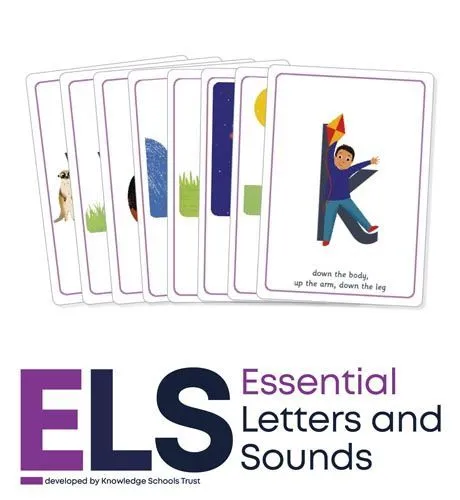
At Eastborough Primary Academy, we believe that developing strong reading skills is crucial for the children to develop a love of learning and to be able to access the wider curriculum.
What is Phonics?
Phonics is the study of sounds. Children are taught to read and write using phonics, linking the phonemes (sounds in words) and graphemes (the symbols used to represent them).
What Phonics programme is used in school?
Phonics is taught using the Essential Letters and Sounds (ELS) system of learning. Teachers follow structured lessons as part of this programme. The sounds are taught progressively; Phase 2, Phase 3 and Phase 5 and Phase 5 alternatives. Each sound is introduced with a short rhyme and picture, called a mnemonic, to make the sound memorable. These can be found at the bottom of this page.
Phonics Progression
Below you will find the progression of the programme:
Reception Progression
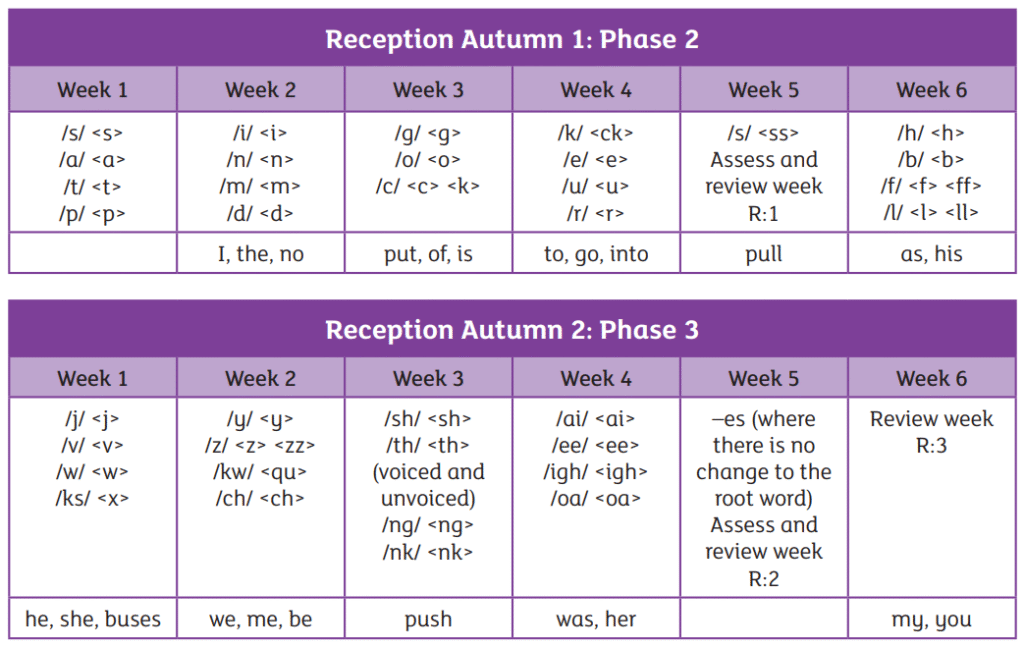
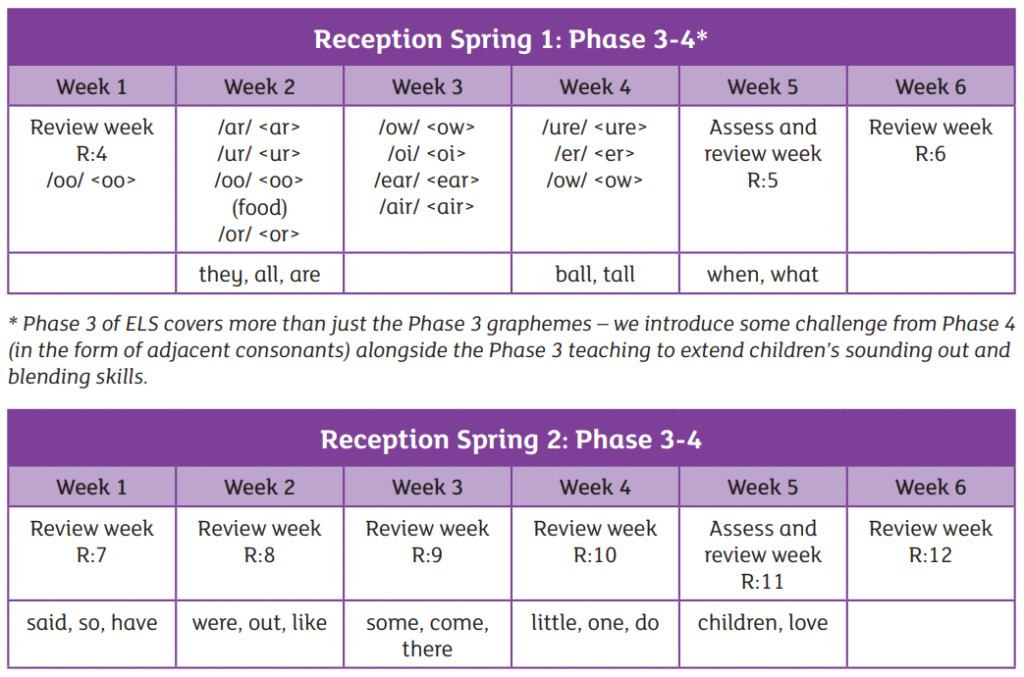
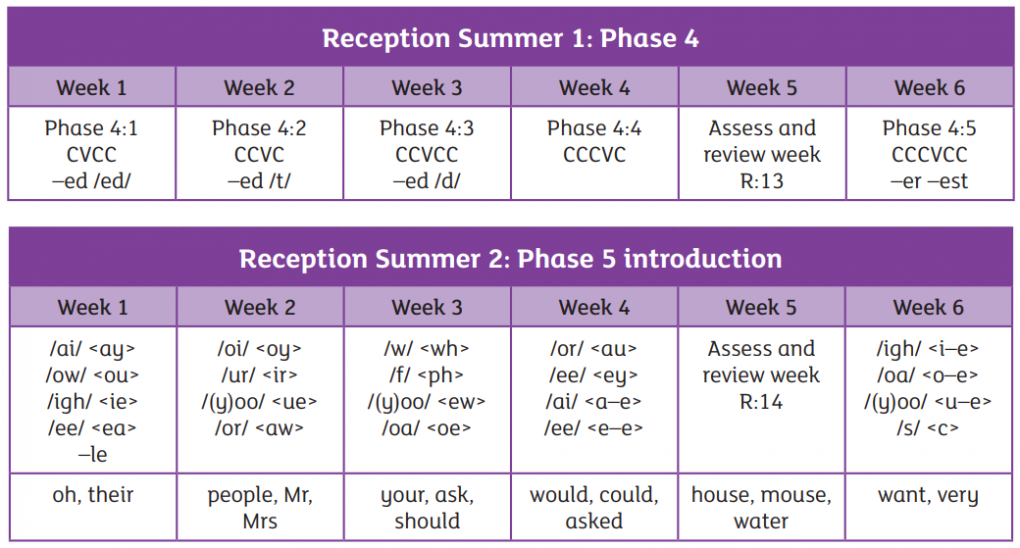
Year 1 Phonics Progression
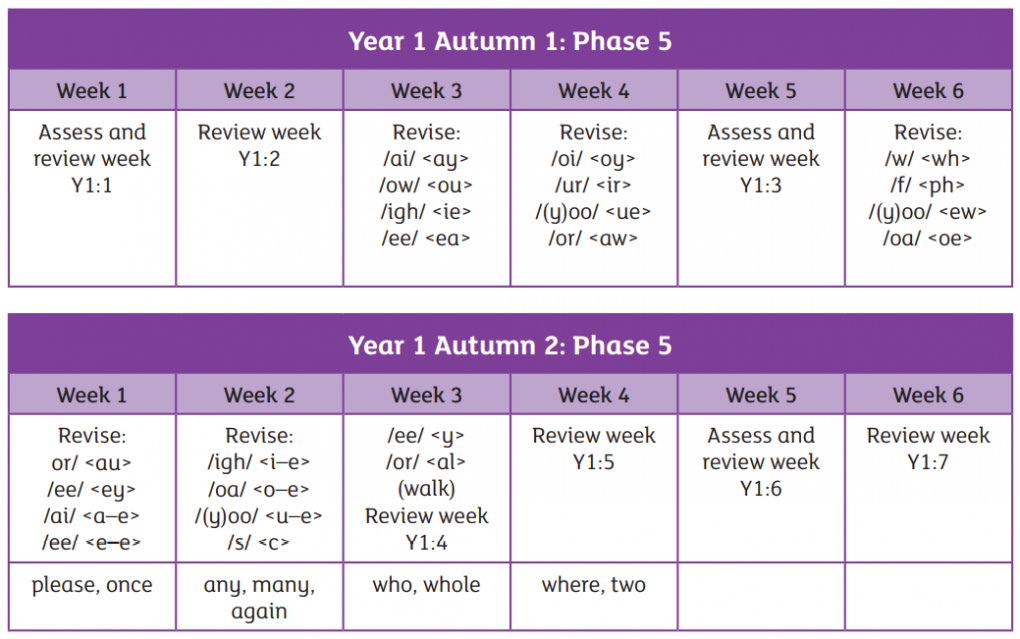
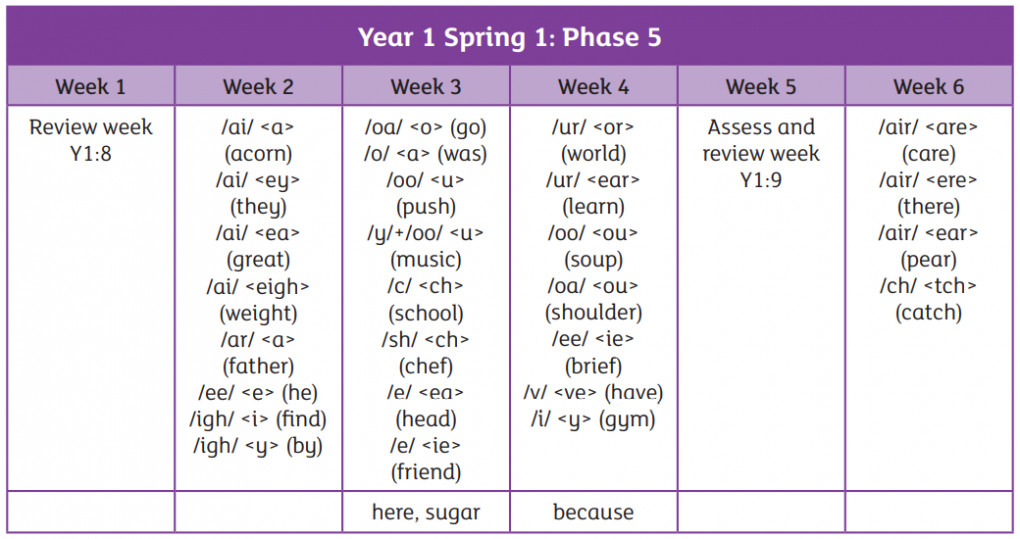
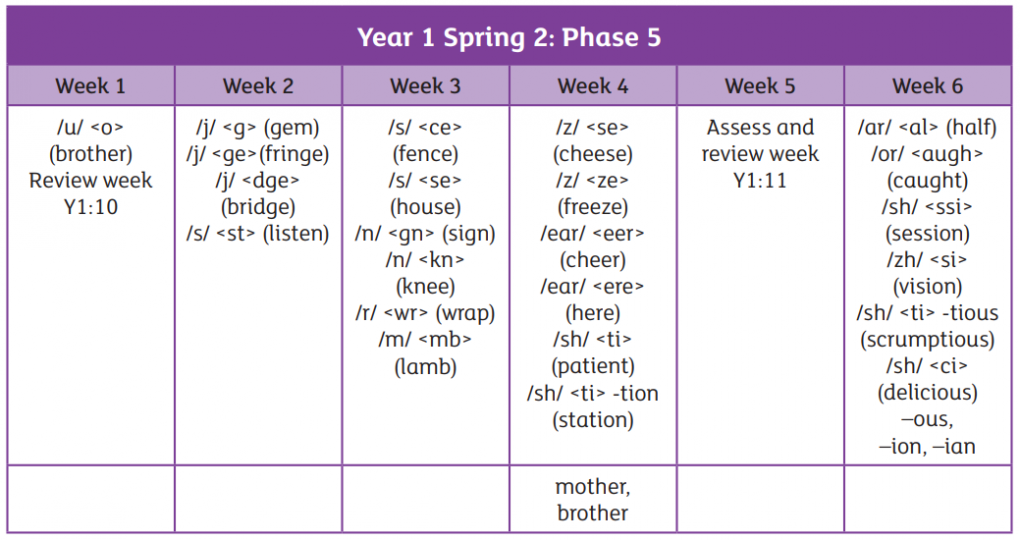

Harder to Read and Spell Words (HRSW) are also taught alongside the sounds. These are words that cannot be sounded out and have tricky parts. These words need to be taught to be read on sight.
Watch these videos to learn how to correctly pronounce the phonemes.
Phonics Screening Check
What is the Phonics Screening Check?
The Phonics Screening Check is a quick and easy check of your child’s phonics knowledge. It helps the school confirm whether your child has made the expected progress. It is administered when children are in Year 1 (the month of June).
What are ‘non/pseudo-words’?
The check will contain a mix of real words and ‘non-words’ or ‘pseudo-words’ (or ‘nonsense/alien words’). Children will be told before the check that there will be non-words that he or she will not have seen before. Many children will be familiar with this because many schools already use ‘non-words’ when they teach phonics. Non-words are important to include because words such as ‘vap’ or ‘jound’ are new to all children. Children cannot read the non-words by using their memory or vocabulary; they have to use their decoding skills.
After the check
The school will tell you about your child’s progress in phonics and how he or she has done in the screening check in the last half-term of Year 1.
If your child has found the check difficult, your child’s school should also tell you what support they have put in place to help him or her improve. You might like to ask how you can support your child to take the next step in reading.
Children who have not met the standard in Year 1 will retake the check in Year 2. All children are individuals and develop at different rates. The screening check ensures that teachers understand which children need extra help with phonic decoding.
You will find a link to a previous Phonics Screening Check below…
Pre-Phonics Learning
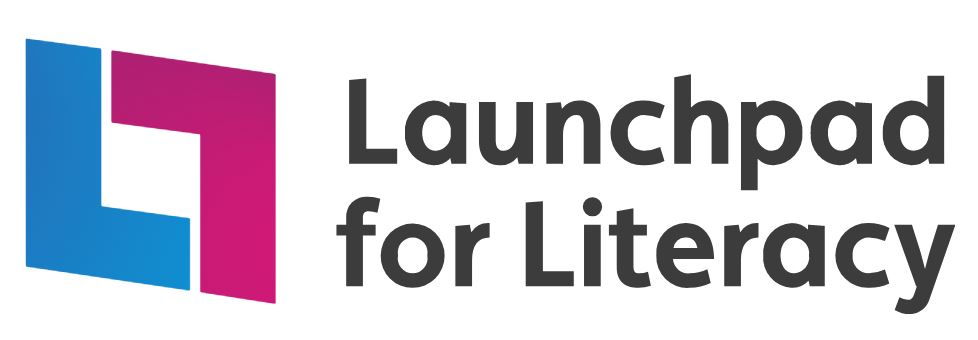
Launchpad for Literacy is an approach used to support children in learning pre-phonics skills.
The programme is predominantly used within the Early Years Foundation Stage where it is used to improve outcomes by creating firm foundations in pre-phonic skills and readiness for reading.
Where pupils leave the Early Years Foundation Stage and still require support in pre-phonics skills, Literacy Launchpad will continue to support them by identifying and closing specific skill gaps.
Our Policy
You can read more about our approach to phonics and early reading in our policy below.